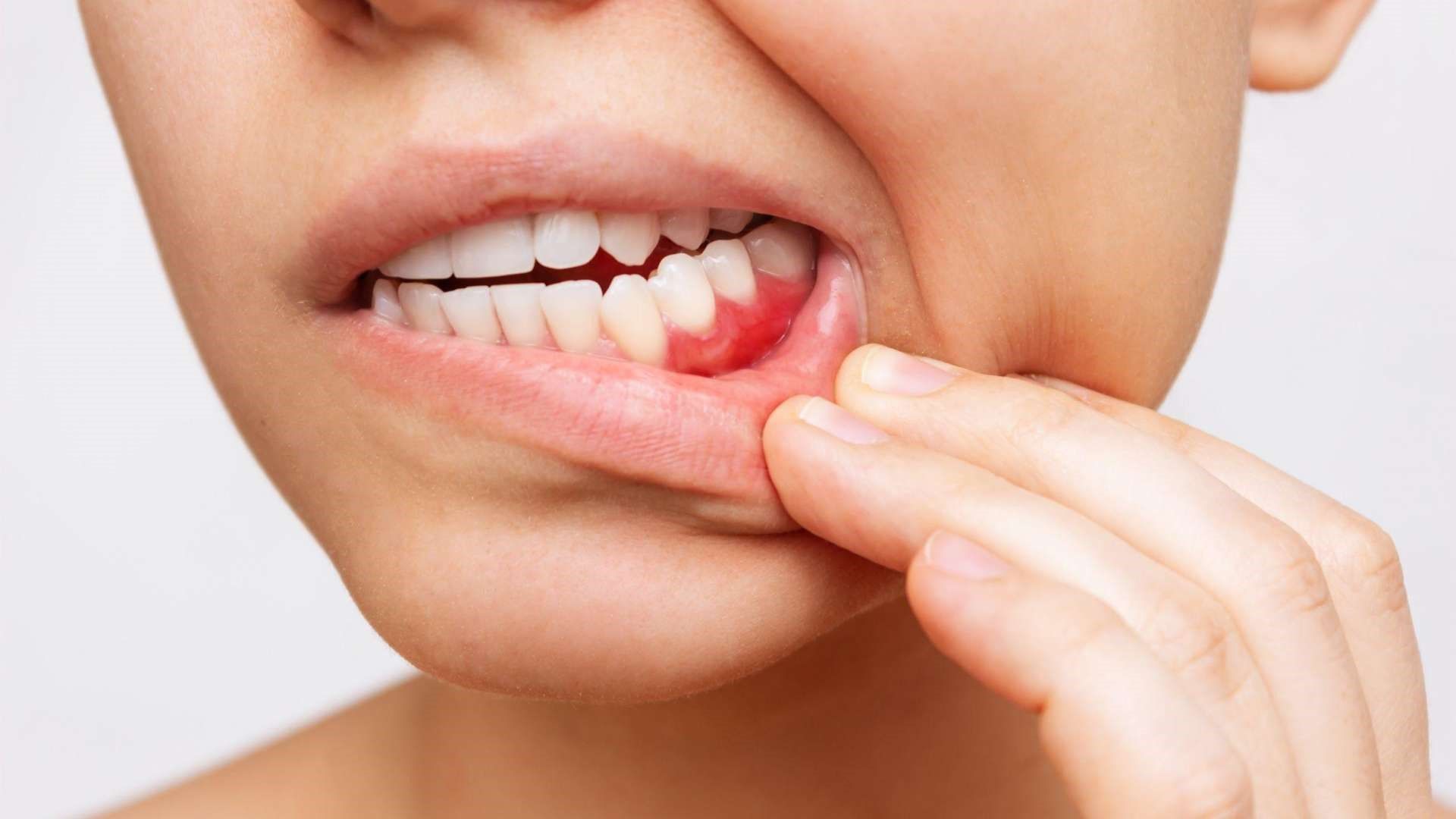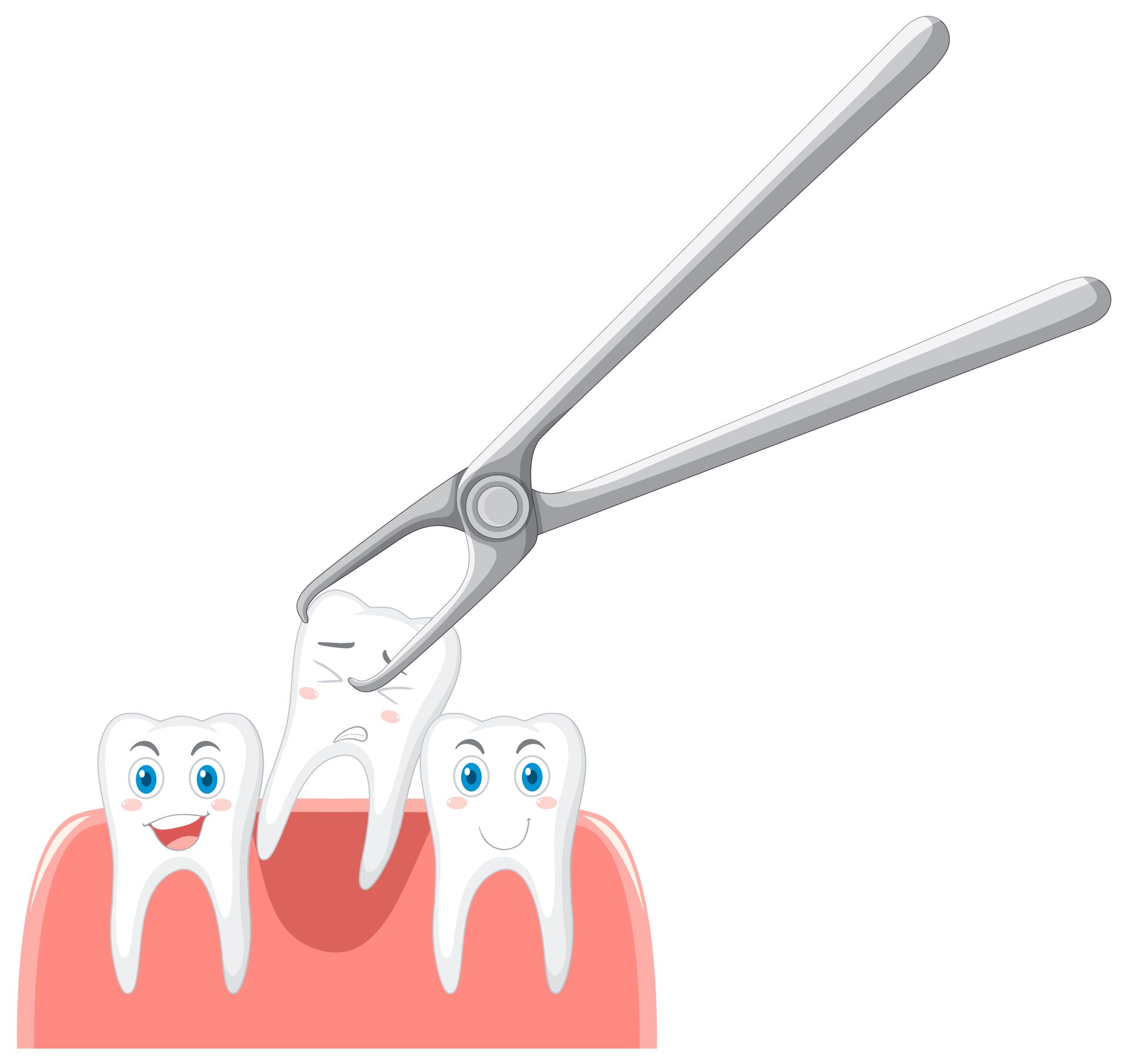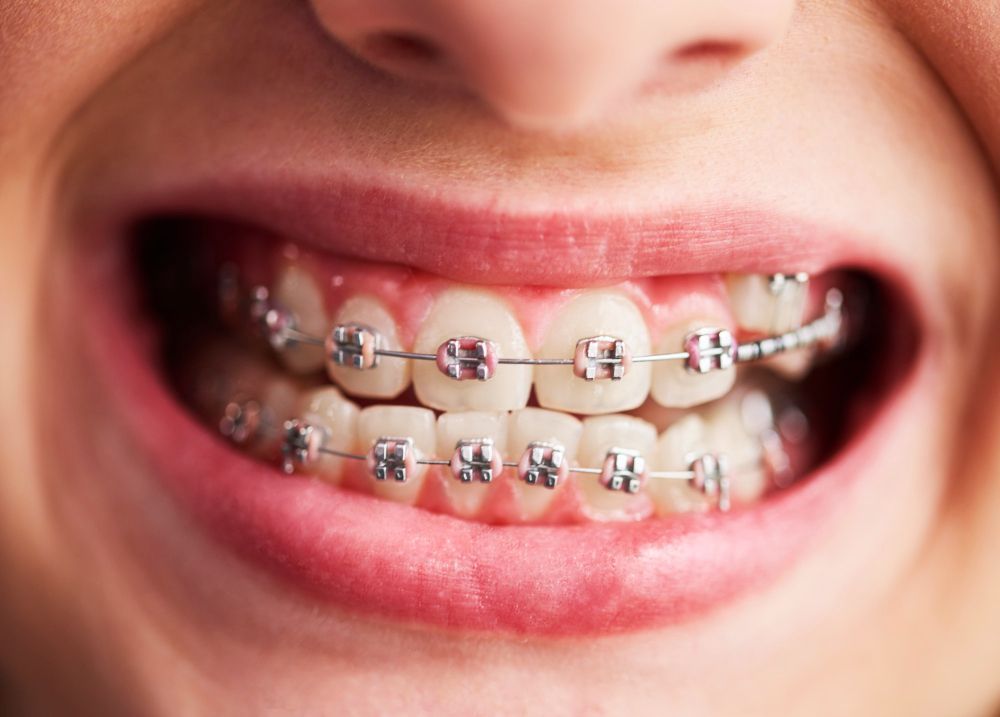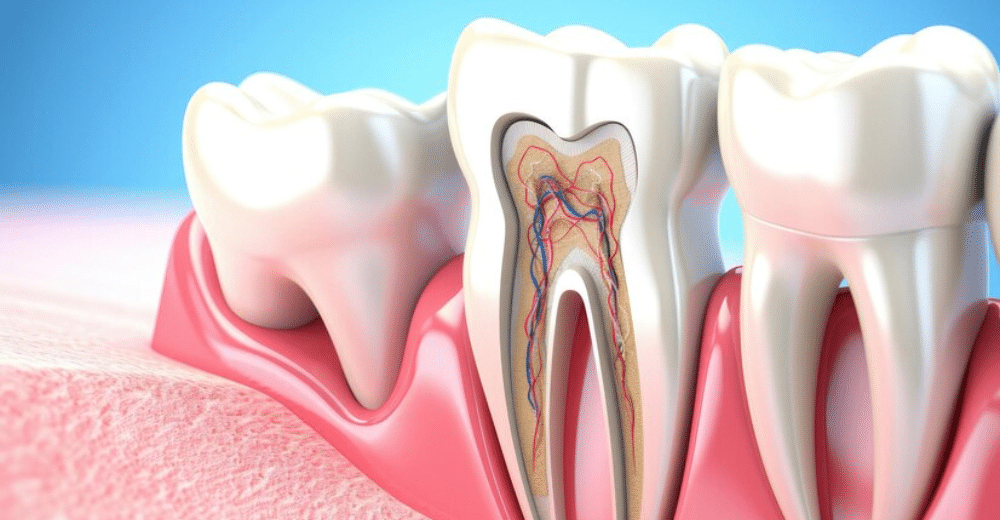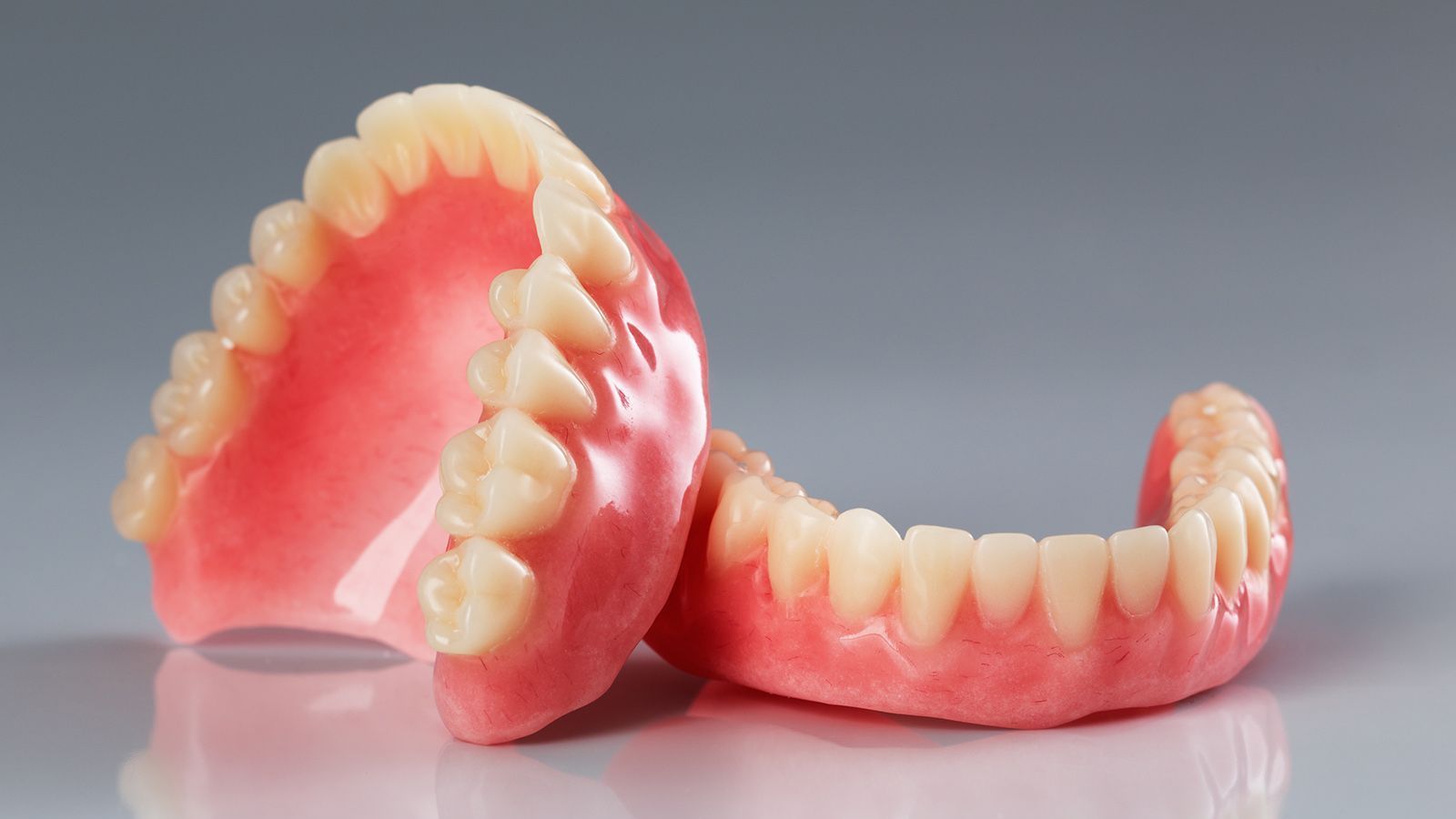Why do I have bleeding gums?
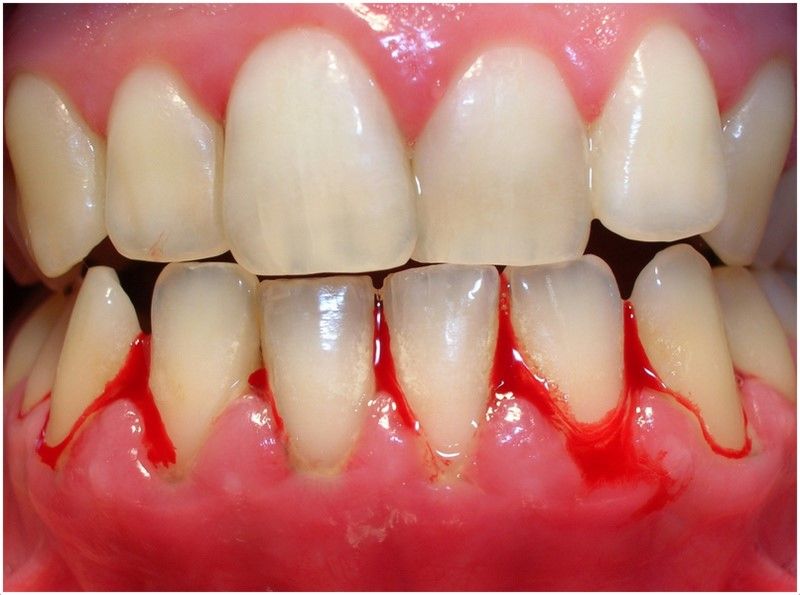
Bleeding gums can be a sign of various underlying oral health issues.
Here are some common reasons why you might be experiencing bleeding gums:
Gingivitis:
Gingivitis is an early stage of gum disease caused by the accumulation of plaque—a sticky film of bacteria—on the teeth. It leads to inflammation of the gums, making them more prone to bleeding, especially during brushing or flossing.
Poor Oral Hygiene:
Inadequate or improper oral hygiene practices, such as infrequent brushing or improper brushing and flossing techniques, can contribute to the development of gingivitis and bleeding gums.
Periodontitis:
If gingivitis is left untreated, it can progress to periodontitis, a more severe form of gum disease. Periodontitis can cause the gums to recede, leading to pockets forming between the teeth and gums. These pockets can trap bacteria and exacerbate bleeding.
Hormonal Changes:
Hormonal changes, such as those during pregnancy, menstruation, or menopause, can make gums more susceptible to inflammation and bleeding.
Medical Conditions:
Certain medical conditions, such as blood disorders or vitamin deficiencies (particularly vitamin C or vitamin K), can contribute to bleeding gums.
Medications:
Some medications, like anticoagulants (blood thinners) or certain antihypertensive medications, may increase the risk of bleeding gums.
Smoking:
Tobacco use, including smoking, is a significant risk factor for gum disease and can contribute to bleeding gums.
Poor-Fitting Dentures or Dental Appliances:
Ill-fitting dentures or other dental appliances may cause irritation and contribute to gum bleeding.
Stress:
Chronic stress can weaken the immune system and contribute to inflammation in the body, potentially affecting the gums.
Diabetes:
Uncontrolled diabetes can impact the body's ability to fight infection, increasing the risk of gum disease and bleeding gums.
If you are experiencing persistent bleeding gums, it's essential to consult with a dentist. They can conduct a thorough examination, identify the underlying cause, and recommend appropriate treatment. Good oral hygiene practices, regular dental check-ups, and addressing any contributing factors are crucial for maintaining healthy gums and preventing complications.
